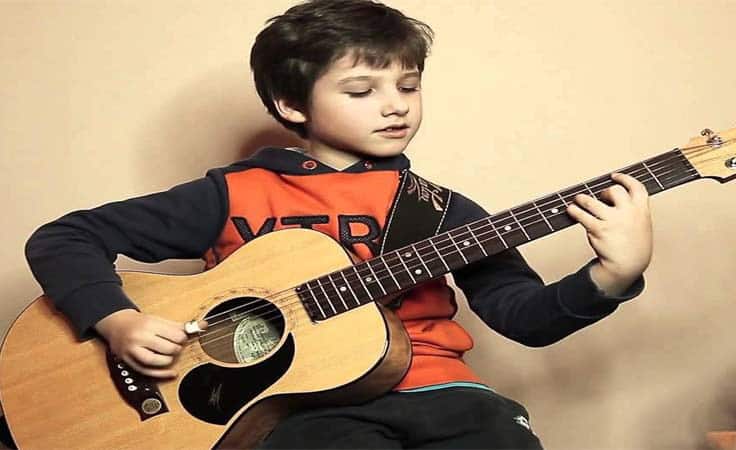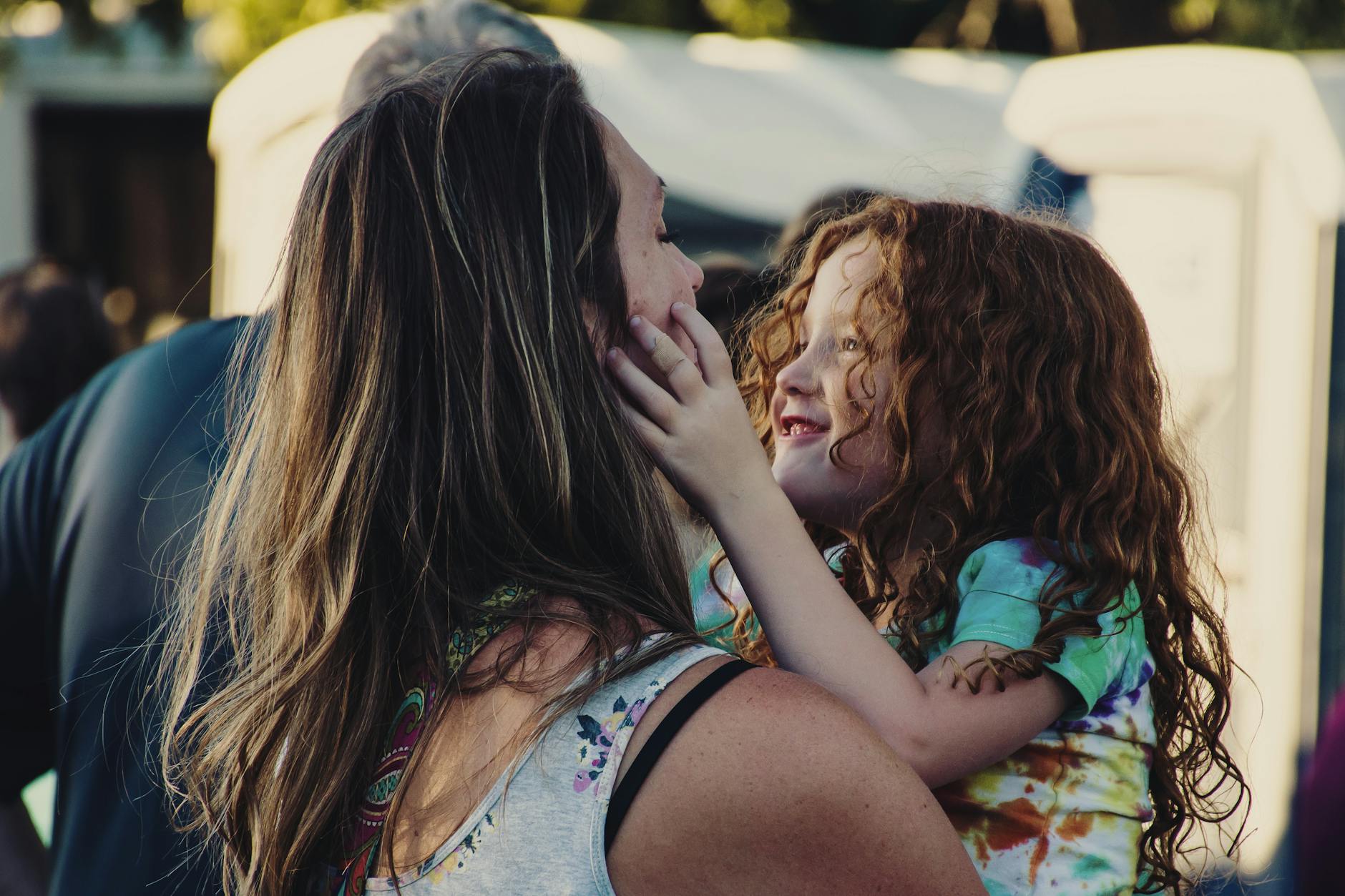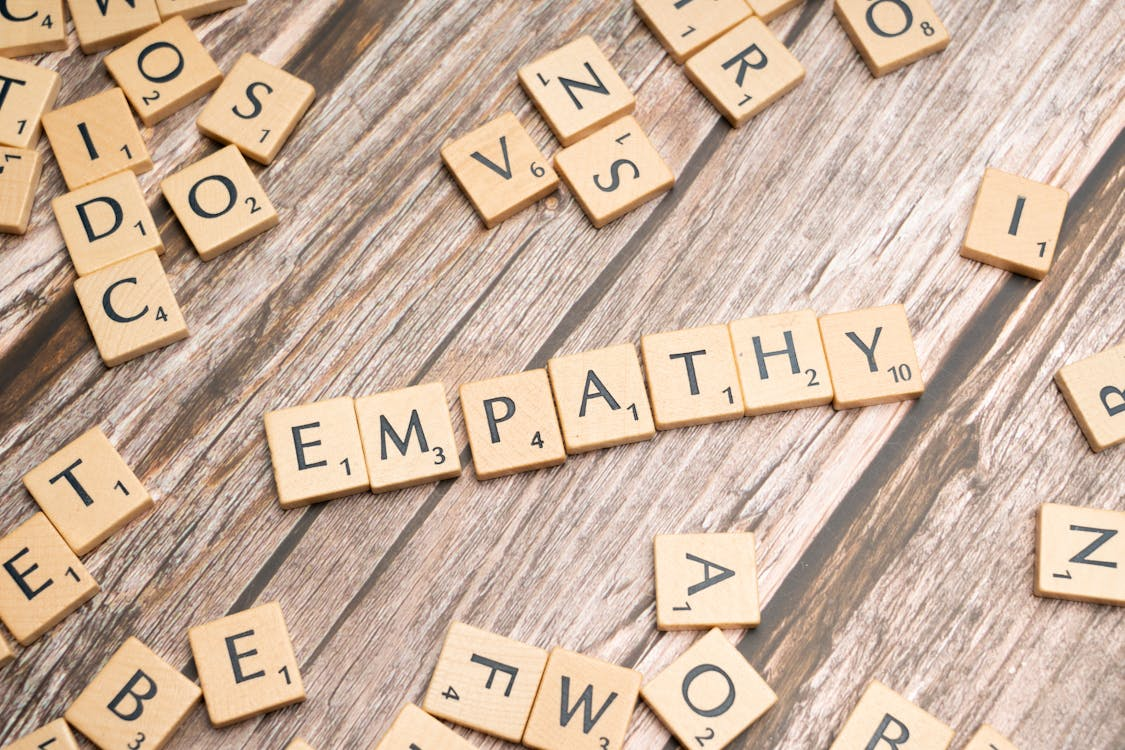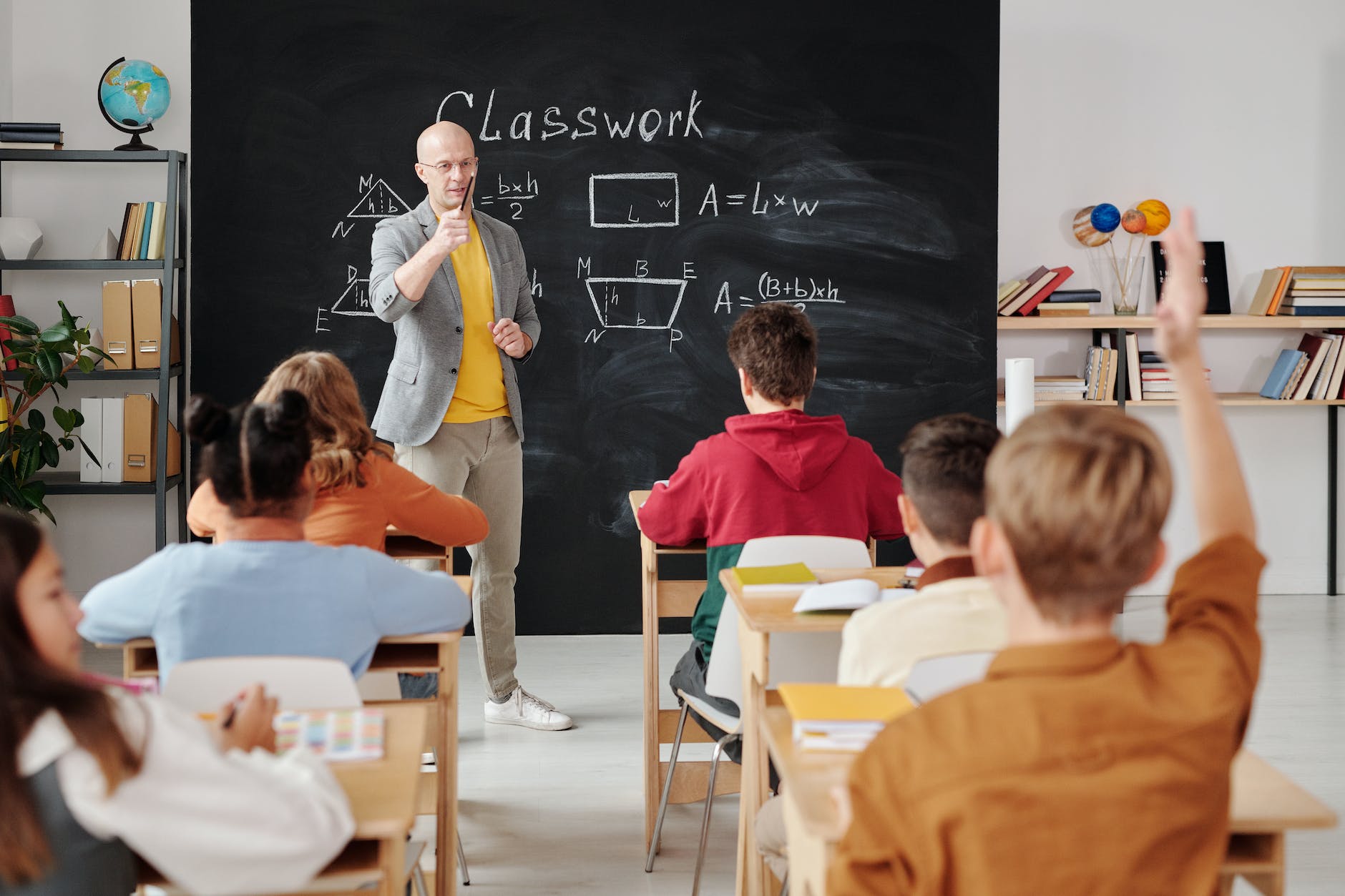How Does Music Help Children with ADHD?

What Does Research Say About the Effectiveness of Music as a Therapeutic Tool?
You know how when you’re having a rough day or you need to get motivated to work, putting on your favorite music can transform your entire mood?
As anecdotal as that sounds, research shows that music is useful as a therapeutic tool. In fact, music therapy has been used since the early 20th century as medical professionals observed positive patient reactions to music as a way to cope with both physical and emotional trauma resulting from fighting in World War II.
One of the reasons why music is a useful coping mechanism and a beneficial therapeutic tool has to do with the mind/body connection. There is an intrinsic connection between the mind and body, which means that in order to improve one, it is best to take care of both. Music has a potent effect on our emotions and thoughts. The right song can change your mood. By using music to make a person feel more positive or relaxed, they are better able to heal their body as well.
Research also shows us that when we practice mindfulness, we can decrease stress and improve attention and focus. Listening to music is one way to practice mindfulness.
Being mindful means being attuned to and aware of the present moment with your senses. It can also be a choice to be grateful and/or happy for what you are noticing in the present moment (in this case the music or the instrument).

Which music helps us focus best? Classical music has been proven to help both while studying and then later when focus is needed in class. Listening to nature sounds has also shown to be helpful for mood and concentration. What music helps you focus, if any? Let me know in the comments!
What Does Research Say About Music Therapy with a Certified Music Therapist?
Certified music therapists utilize music to help clients express themselves, complete tasks, use motor skills, process and regulate their emotions, make social connections, build confidence and motivation and more. Research supports the use of music therapy as an effective intervention for clients with ADHD, and other physical and emotional needs.
You Might Like Our Book: How to Build Confidence and Improve Behavior in Children: A Guide For Parents and Teachers
How Can Music Help Children with ADHD?
This topic has a personal connection for me because I’ve seen music work wonders for my son Drew, who has ADHD. I’d like to share what I have learned through my experiences with Drew in hopes that this information might be helpful for other children too.
While Drew learned how to play guitar, I watched in awe as his self-discipline and self-esteem improved! He benefited from having a creative outlet where he could express himself. It also helped with hand/eye coordination, and a broadening of the mind through music appreciation and education.
Recommended: Become a Certified Self-Esteem Coach for Children
Playing an instrument can be a great hobby, and can also be pursued as a subject in school if the child is interested in that. However, a child with ADHD doesn’t need to learn to play an instrument to benefit from music therapy.
Children with ADHD can benefit from simply listening to music. As stated above, research shows that music can be used to boost mood and concentration, and help us focus. Sometimes this is achieved by listening to music while learning or studying. Sometimes it is achieved by using music for mindfulness.
For my son, the best styles of music for focusing were jazz and classical. It helped to reroute all those impending thoughts and stay on task.

You May Like: Videos for Focusing on Youtube
Using music can work great in the school environment too, and with permission from his teacher, Drew uses earphones while completing assignments. I’ll admit I was skeptical at first, but the positive remarks from teachers and the attitude I’ve observed at home speak for themselves.
Related Article: 21 Accommodations for Students with Special Needs
Why is Music Therapy Found to Be So Effective?
One of the reasons music therapy is so effective for children is because it is non-threatening and enjoyable – forcing your child to participate kind of negates those aspects.
Drew seemed interested when I mentioned the idea of learning how to play a musical instrument, but it wasn’t until we arrived at the music store that his eyes really lit up. Needless to say, we came home with a guitar that day, and it has been a great source of stress-relief for both of us.
What Are Some Helpful Tips if Your Child Wants to Learn an Instrument?
- Introduce your child to a number of instruments they can possibly learn. Some music schools offer complimentary introductory courses where they can experience the sounds and feel of an instrument before committing. Let your child pick one they are comfortable with so they are naturally inclined to play.
- In addition to multiple types of instruments, allow your children to become well versed in the different genres of music. Your child may not be as into classical as, say, jazz or pop. Knowing that there are other musical options out there for them will encourage them to stick with it and make it their own.
- Pick an instrument that is acceptable for your child’s skill level and abilities. For instance, many young musicians pick up and learn the clarinet before attempting to move on to a saxophone. A clarinet is easier to handle and carry around, but it still teaches them how to read music and fingering fundamentals that they can then apply to the saxophone when they are ready.
- When it is time to buy an instrument, don’t invest in the most expensive, highest level version. For instance, if your child wants to learn the trumpet, there’s no need to buy an intermediate instrument with slide hooks and adjustable slide stops. A student trumpet is more affordable and has all the tools necessary to learn the instrument. As they grow and become more serious regarding their playing, you can trade their student instrument in for a more advanced model.
Conclusions on the Benefits of Music and Music Therapy with Children with ADHD
Music therapy is a research-based method that helps people improve both the mind and body. All children, including those with ADHD, can benefit from music and music therapy. Choosing to listen to music while studying, being mindful with music, learning to play an instrument, or getting direct guidance from a music therapist or music teacher are all strategies that may help.
If a child is interested in an instrument and takes it on, they can learn discipline and self-expression through practice and creation. They can improve their hand/eye coordination, and have a creative outlet that helps broaden the mind. All of these benefits can lead to improved attention and mood.
Side Note: When picking out an instrument, find one that appeals to the child’s interest and allow them to start out with a small, student-level model they can trade in as they grow.
This article was written in collaboration with an amazing writer, musician, and dad of a child with ADHD, who chose to remain anonymous.
Education and Behavior – keeping us all on the same page about what the science and research says works for kids!

Rachel Wise is the author and founder of Education and Behavior. Rachel created Education and Behavior in 2014 for adults to have an easy way to access research-based information to support children in the areas of learning, behavior, and social-emotional development. As a survivor of abuse, neglect, and bullying, Rachel slipped through the cracks of her school and community. Education and Behavior hopes to play a role in preventing that from happening to other children. Rachel is also the author of Building Confidence and Improving Behavior in Children: A Guide for Parents and Teachers.
“Children do best when there is consistency within and across settings (i.e., home, school, community). Education and Behavior allows us to maintain that consistency.”







